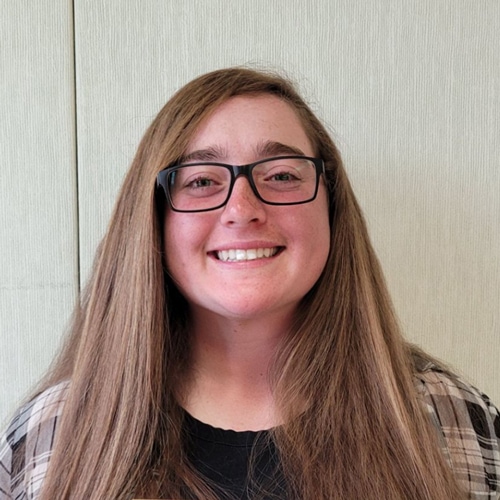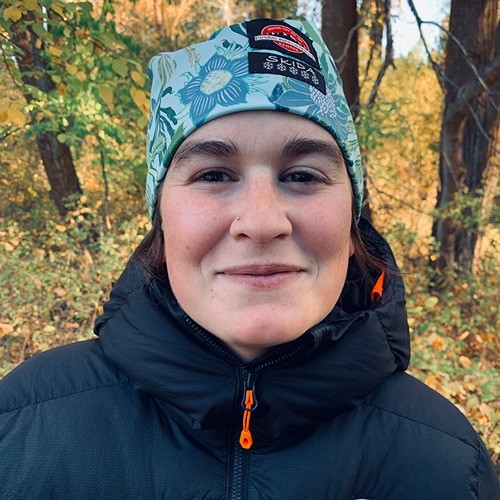Transferrable Skills Courses
Expect to take these courses during your first year. You will progress with a cohort of peers from across the PSM degree tracks.
Transferrable Business Skills
(12 credits)
Advanced Quantitative Skills
(6 Credits)
Degree Program Courses
(15 Credits)
Professional Experience Project
(3 Credits)
36 credits & a GPA Higher than 3.0
In graduate school, taking 9 credits full-time. Full-time students can complete the program in 2 years. Part-time students take 2.5 to 3.5 years, 4 years at most, to complete the program.
Transferrable Skills Course Information
You may need permission codes to register for classes taught by other departments. Contact advisors in those departments to get those codes. You can find a list of these courses on the PSM canvas course under Module 3: Program of Study.
Transferrable Business Skills
12 Credits
Professional Development for Scientists & Engineers
MST 6200 - 3 Credits - Fall
This course teaches scientists & engineers how to excel in their careers.
This course includes:
- Interactive lectures
- Practical exercises
- real-world case studies
- Self-assessments
Students will learn:
- To improve their professional abilities
- To be better communicators
- How to advance their careers
This is a cohort class for first-year PSM students.
Operations & Project Management for Scientists & Engineers
MST 6210 - 3 Credits - Spring
This course offers functional skills for & the improvement of organizational processes.
Students will learn:
- To manage value creation
- Effective and efficient process design
- Operational design and theory
- To plan and organize functions of management
- To carry out and oversee functions of management
Scientific Reasoning & Inquiry
MST 6500 - 3 Credits - Spring
This course teaches scientific reasoning, inquiry, and problem-solving skills.
Topics covered include:
- Simple and theoretical induction
- Bayesianism
- Statistical and causal hypotheses
- Using scientific information in decision making
- Inference to the best explanation
- Science and the individual
- Science and society
Required of all first-year PSM students.
Business Development for Scientist & Engineers
MST 6110 - 3 Credits - Summer
This course teaches business management & development skills.
Students will learn:
- Modern business practices
- How to create and use effective business plans
- To make business forecasts and scenarios
- To be effective managers
- Marketing and sales strategies
- Financial planning and analysis
Advanced Quantitative Skills
6 Credits
Applied Statistical Techniques
MST 6600 - 3 Credits - Fall
This course teaches exploratory data analysis (EDA) and the R coding language.
This course includes:
- Practical exercises
- Real-world examples
Students will learn:
- To apply graphical EDA to representative data sets using:
- Scatter plots
- Box plots
- Histograms
- Probability plots
- Residual plots
- Mean plots
- The RStudio platform
- Standard and quantitative data evaluation techniques
No prior knowledge of the R coding language needed and you should bring your laptop.
Professional Experience Project
3 Credits
This project is a critical component of any PSM program and required for graduation.
It is a hands-on project in a real work environment of business and science.
Professional Experience Project Planning
MST 6974 - 1 Credits - Fall/Spring
This course assists with methods and skills needed to complete a professional project.
Students will learn:
- Realistic goal setting
- Project initiation
- To define objectives and scope
- To identify and manage risk
- Resource allocation
- Scheduling
- To keep track of progress
- Closure
Professional Experience Project
MST 6975 - 3 Credits - Fall/Spring
This course bridges the gap between theoretical knowledge and practical skills.
This project must be completed with a sponsor. This is usually a local business, government agency, or non-profit. Students will be able to apply diverse skills gained from their studies such as:
- Problem-solving,
- Critical thinking
- Communication
- Project management
- Collaboration




